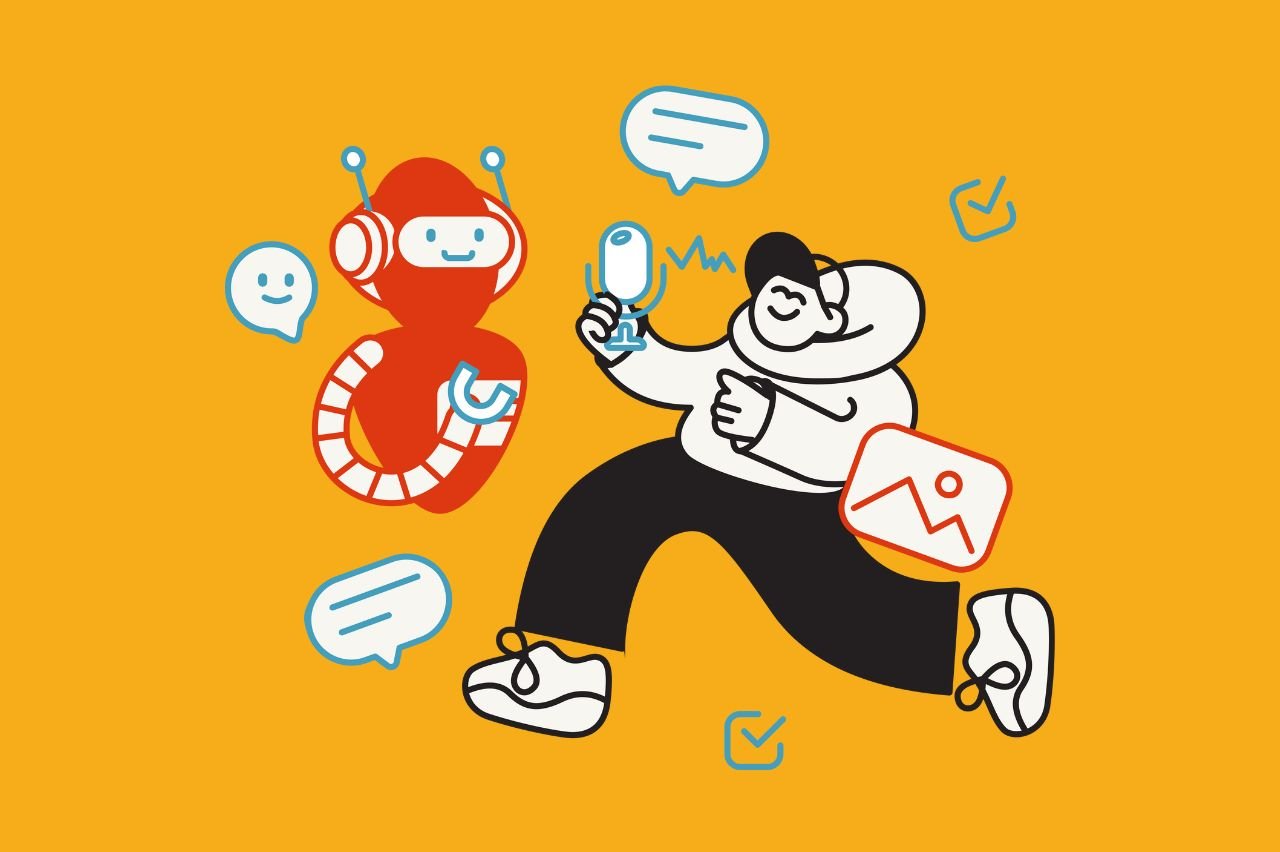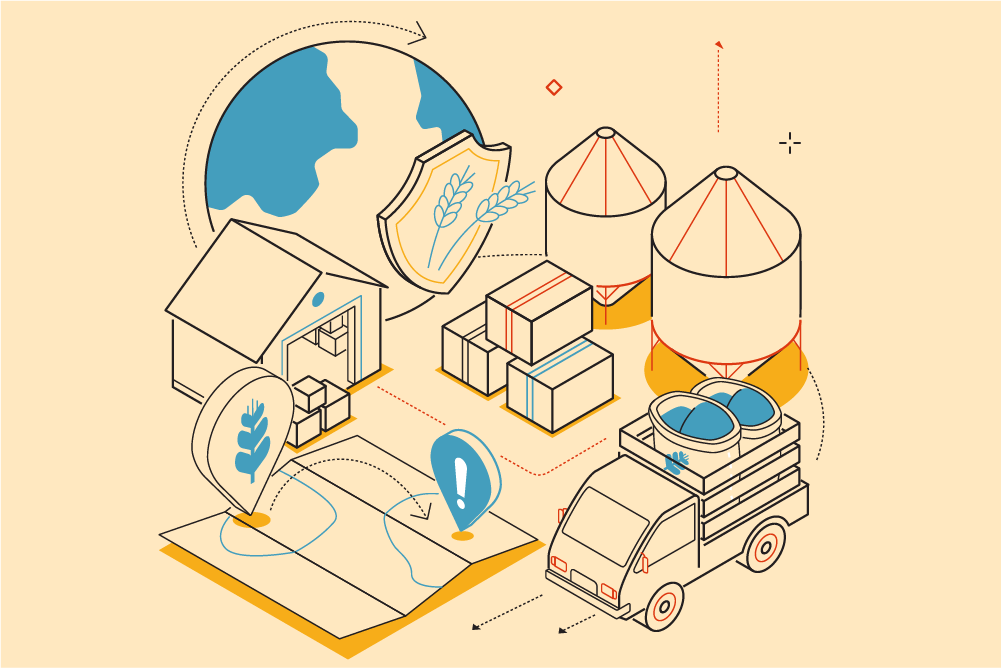AI in the Workplace: A Candid Conversation with Duncan Alney

AI’s changing everything. Okay – that’s an understatement (especially when it comes to AI in the workplace).
In times like this, it’s important to hear from the leader: So… we sat down with Firebelly CEO & Founder, Duncan Alney.
Here’s his unfiltered take on AI’s role in the modern workplace.
Spoiler: He does NOT think employers can use AI to replace human workers.
Firebelly: Let’s dive right in. AI in the workplace. What’s its current role?
Duncan: Look, AI – in a way – is like that super-efficient team member who never needs a break. It’s great for tackling those mind-numbing tasks we all hate. But here’s the thing – I haven’t seen it do anything mind-blowingly creative or truly game-changing yet. In the workplace, AI is more of a sidekick than a superhero, you know?
Firebelly: Interesting analogy. So, you don’t see AI replacing human workers entirely?
Duncan: Not even close. AI is a powerful tool, but it’s most effective when used to complement or supplement human workers rather than replace them entirely. Its strength lies in removing monotony and handling routine tasks efficiently. However, I’ve yet to see applications where AI adds significant value beyond these basic functions in the workplace.
Firebelly: What about the advancements in AI language models? How do you think they’re impacting workplace communication?
Duncan: Here’s the kicker – we’ve kind of hit a wall with language models. All the free text out there? AI’s already chewed through it. It’s like trying to teach a kid new words by reading the same book over and over. At some point, you’ve gotta wonder where the new stuff is coming from. This creates a real challenge for AI’s ability to handle nuanced, context-dependent communication in the workplace.
Firebelly: Let’s shift gears a bit. There’s been a lot of talk about AI in creative fields. How do you see this playing out in marketing and specifically in content creation?
Duncan: This is where things get a bit… insane. We’re entering this bizarre reality where you can’t trust your eyes anymore. Imagine creating a marketing campaign with visuals or audio that look and sound real, but are entirely AI-generated. It’s a messy situation for artists, photographers, musicians – anyone creating content – and the audience as well. What’s human and what is AI?
In the workplace, especially in fields like marketing, we need to be really careful about how we use AI tools. There’s a big need for transparency and regulation here. We don’t want to end up in a situation where AI-generated content is passing off as human-created without proper disclosure. That’s not cool for the audience (or the brand putting it out).
Firebelly: Some experts are predicting major changes in how we interact with information online. What’s your take?
Duncan: I’ve been friends with Jeremiah Owyang since way back when social marketing was the new kid on the block. Smart dude. But his latest prediction? I gotta say, I’m not sold.
He’s talking about websites becoming obsolete and replaced by some AI magic agent that whips up personalized content based on your search history and perhaps deeper third-party data. And AI agents handling all customer service?
I don’t think so…
Look, I’m not saying AI isn’t impressive, but let’s get real. Humans are weird, wonderful, and wildly unpredictable. We’re not logical machines – we’re messy, emotional, and often make zero sense. How’s an AI supposed to handle your client when they’re on a rampage about their latest marketing mishap? How’s your AI going to account for a philosophical value you have in a conflict resolution situation?
Firebelly: So, you deal with AI in the workplace all the time. What’s it actually good at?
Duncan: AI’s got its superpowers, no doubt. It’s like a bloodhound when it comes to sniffing out patterns or spotting things that don’t quite fit. Anomaly detection? AI’s your guy. This can be incredibly useful for data analysis, quality control, and even cybersecurity in the workplace.
But let’s be clear – most of what we’re calling “AI” in the workplace is actually just really smart pattern recognition. It’s impressive, sure, but it’s not the sentient beings we see in movies. We’re not living in “Blade Runner” or “Ex Machina” just yet.
Firebelly: What advice would you give to businesses looking to integrate AI into their workplace?
Duncan: Honestly? AI is a game-changer, no doubt. But it’s not the be-all and end-all. It’s a tool, like fire or the wheel or the internet. Incredibly powerful, but it’s how we use it that matters.
We have to stay grounded over the next decade as the technology advances. Let’s think deeply about how we use AI in the workplace.
Use AI to make our work lives easier? Absolutely.
Rely on it to be human for us? That’s where I draw the line.
My advice? Stay curious, stay skeptical, and most importantly, stay human. Because at the end of the day, that’s our superpower in the workplace and beyond.
Firebelly: Thank you, Duncan, for these insightful thoughts on AI in the workplace.
Duncan: My pleasure! It’s a fascinating topic, and I’m sure we’ll be unpacking its implications for years to come.
What are your thoughts on AI in the workplace? How has it impacted your job or industry? Share your experiences in the comments below – let’s keep this important conversation going!


